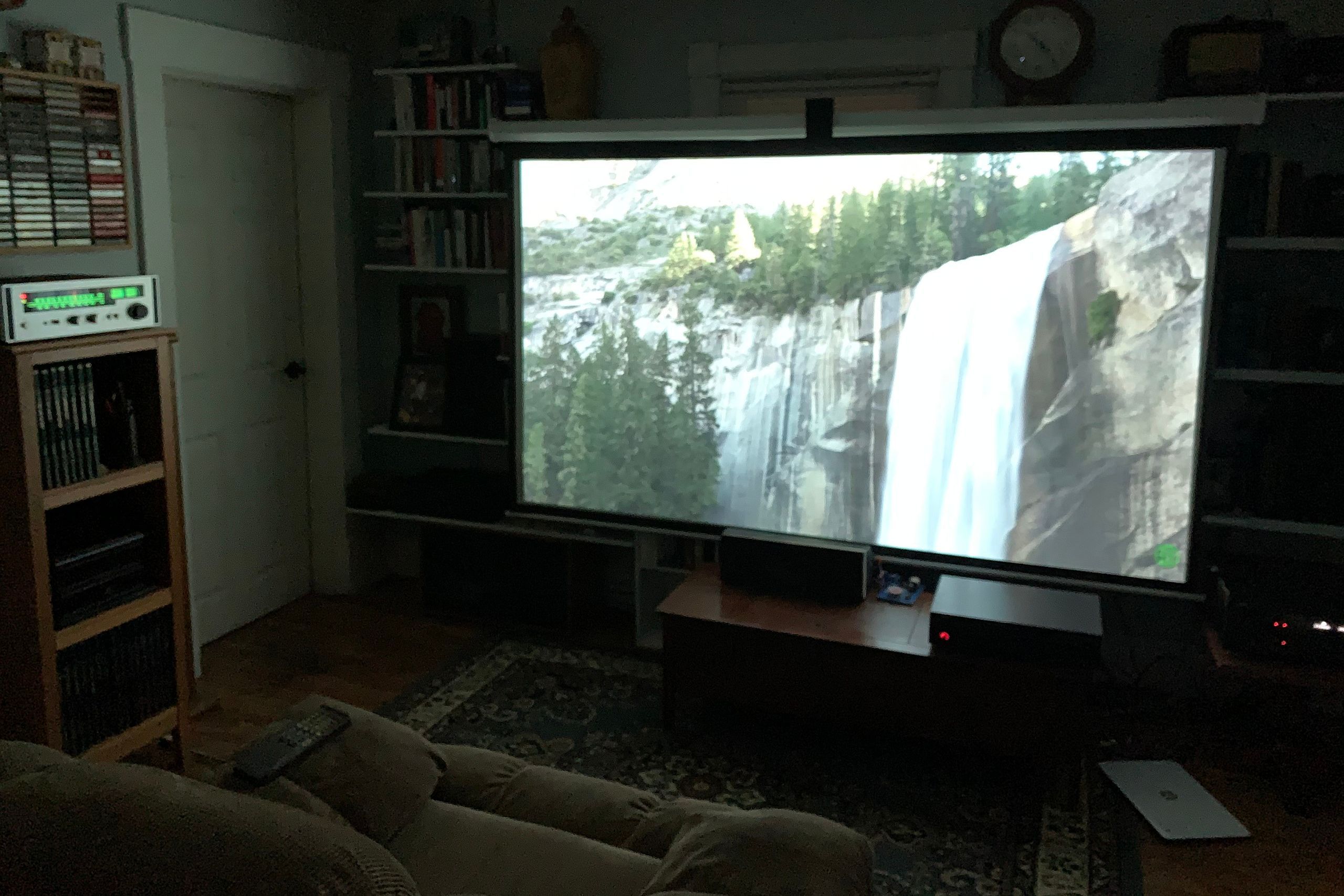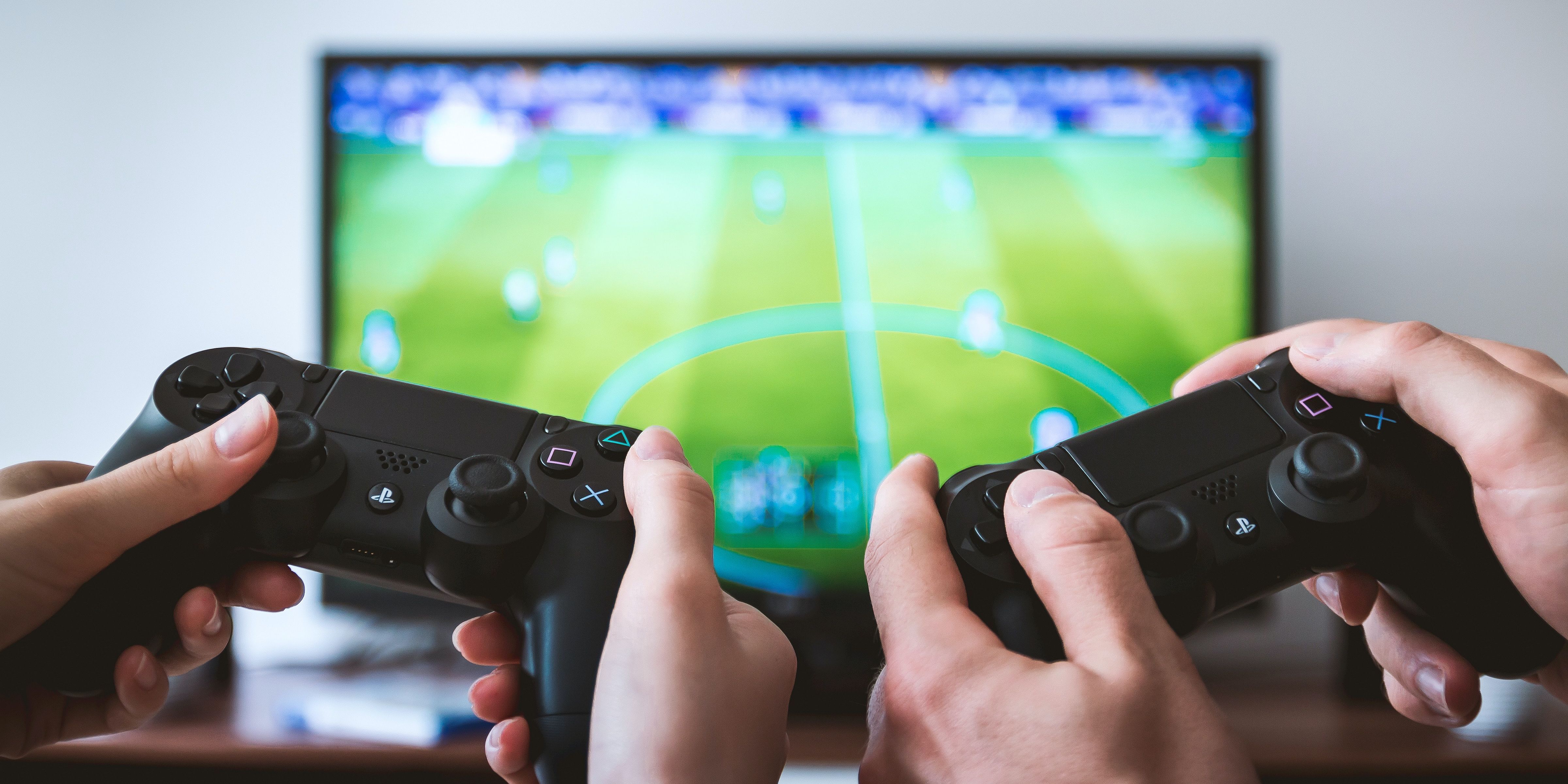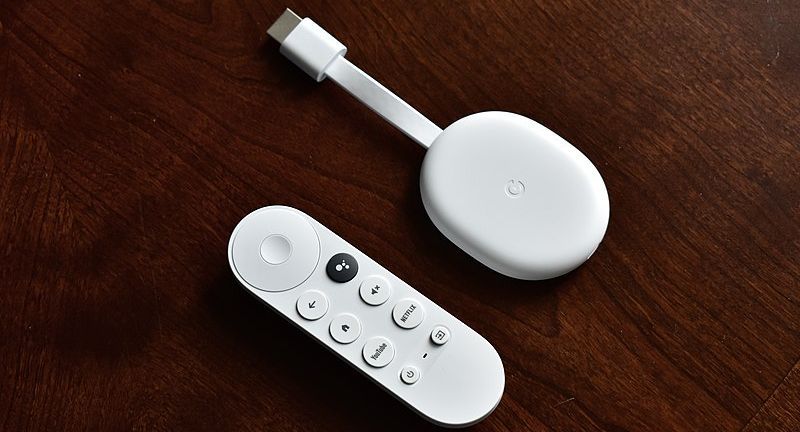The TV has always been the go-to device for display-based entertainment. Its superior picture quality over projectors has been the biggest reason every household owns a TV and not a projector. But with the rapid advancements in projector technology, many people have found that the video output of projectors is now on par with what a TV can provide.
With a bigger screen size and comparable picture quality to a TV, many households have switched to a projector. But before you do the same, here are a few considerations to gauge whether a TV or a projector better fits your lifestyle.
TVs and Projectors Have Their Own Place
With projectors now offering HDR, high color gamut, and true 4K resolution, many people have rushed out to buy a projector. However, there are quite a few considerations you have to think about before splashing the cash.
TVs and projectors are entirely different devices that provide the same fundamental feature. Aside from providing visuals for you to enjoy, they have very little in common. Now that picture quality is no longer an issue, choosing whether to buy a TV or projector depends on three criteria: the setup requirements, use case scenario, and what features each consumer finds valuable.
TV vs. Projector: Setup Requirements
Are you a person willing to spend time and effort on setting up your device? Or maybe you're the kind of person who's always busy and isn't really interested in building an entire home theater? The category you fit into will have a big impact on whether or not you should get a TV or a projector.
For those interested in projectors, you have to keep note that the specifications listed on the device are evaluated in optimal room conditions. Due to the nature of how a projector works, you will have to install it in a room that is dark, matte, and protected from any light leaks coming from the outside.
Note that window blinds spill a lot of light from the outside. You might need to place a thick piece of cloth on top of it or just install curtain holders and rails for a more permanent solution. You may also need to install door seals or gaskets, especially if your door directly faces your screen.
Although higher ANSI lumen ratings may lessen the need to install door seals and thick curtains, you may need to paint your walls with matt and dark-colored paint to keep the projector's own light from bouncing around the room, contaminating the image.
Another important thing to note when setting up is that both TVs and projectors will require a minimum room size for an optimal viewing experience.
So how much room space do TV and projectors need for the optimal viewing experience? Well, for a TV, not much: you just have to make sure that you have the recommended viewing angle of 35-40 degrees. For you to achieve those viewing angles, you simply have to distance your couch/seat/chair accordingly to the table below.
|
Screen Size |
Distance (feet) |
Distance (inches) |
|---|---|---|
|
32 |
2.2 |
27 |
|
40 |
2.8 |
34 |
|
43 |
3 |
36 |
|
50 |
3.5 |
42 |
|
55 |
3.8 |
46 |
|
60 |
4.2 |
50 |
|
65 |
4.5 |
54 |
|
70 |
4.9 |
59 |
|
75 |
5.2 |
63 |
|
80 |
5.6 |
67 |
|
85 |
5.9 |
71 |
As for projectors, you will still want to distance your seat to achieve a 35-40 degree viewing angle. To calculate how far your seat needs to be from the screen, simply measure your screen size in inches and multiply it by .84.
Unless you have a short-throw or ultra-short-throw projector (which is significantly more expensive), the throw distance of your projector will ultimately decide how much space you need for your desired screen size.
Projector manufacturers often provide their customers will tools and charts to properly set up their projectors. In case you haven’t been provided with one, here is a table to give you a hint of what the proper distance standard projectors will often need:
|
Screen Size |
Throw Distance (feet) |
Throw Distance (inches) |
|
80 inches |
6.6 |
110 |
|
100 inches |
8.3 |
135 |
|
120 inches |
10 |
165 |
|
150 inches |
12.5 |
205 |
TV vs. Projector: Best Use Case Scenarios
TVs and projectors have different ways of providing consumers with crisp visual displays. Both technologies have their strengths and weaknesses. Knowing the capabilities of both TVs and projectors will allow you to choose whether the device is better suited for your daily needs.
Not needing to switch off the lights and close the blinds makes a TV very convenient. This makes a TV particularly beneficial in settings where you're only going to use the TV for a moment or if you need some environmental awareness while watching. You may be cooking, babysitting, ironing clothes, or simply having a short watch of the news before you work. In these instances, a TV will be the better option.
On the other hand, projectors are best suited for people who spend hours at a time watching shows or movies. Although it is true that projectors aren't as convenient to use as a TV, the amount of immersion you will get when watching on a 150-inch screen is worth the money spent if you like watching movies and binge-watching your favorite shows.
With gaming projectors like the ViewSonic PX701-4K, both TVs and projectors can now offer quality gaming experiences with high refresh rates and quick response times. Although, if you must have Free-Sync or G-Sync, then a TV like the SAMSUNG Neo QLED QN90A may still be the better option (as it also features Samsung's Neo QLED tech).
TV vs. Projector: What Features Do You Care About?
A television and a projector are entirely different devices aiming to provide the same purpose—visuals. Now that both devices are basically on par with each other when it comes to picture quality, you can basically choose whatever device and be happy with the quality of display you're getting. But if you want the best bang for your buck, you should also make sure that you care for the extra features bundled with each device.
Modern televisions have evolved into what we now know as Smart TV. These televisions are basically mini-computers (mostly Android) that come integrated with their own media player, web browser, internal storage, an app store, and a custom ROM that compiles all of its functionalities in a clean and intuitive graphical user interface (GUI). Most TVs will also have a decent speaker system (at least compared to projectors) and a network interface card (NIC) for Bluetooth, Wi-Fi, Ethernet, and all kinds of ports for your consoles and speakers.
One of the biggest selling points of projectors is their versatility and portability. They feature an integrated NIC, a small form factor, and the ability to have screen sizes up to 300 inches. Some projectors will even have integrated batteries, making them even more portable. A projector can easily be stored in your vehicle or even be carried in a bag, perfect for traveling folks. Although there are projectors integrated with smart features, the decent ones would often cost way more than if you've just bought a Chrome Cast or an android box for your projector.
TV vs. Projector: Which Picture Technology Will You Choose?
A TV is better suited for people who need a plug-and-play device that provides amazing picture quality. One of the biggest advantages of a TV display is its ease of use and convenience. Very little setup is required for a person to enjoy all the specifications listed by the manufacturer. A TV will provide everything you need, such as a crisp 4K display, decent speakers, and smart functionalities bundled in one simple package.
Projectors are really for two types of people: those interested in a permanent home theater setup and those that need a temporary setup. If your lifestyle requires you to move residence every once in a while, a portable battery-powered projector will allow you to enjoy a large display in a lightweight and easy-to-carry package.
For those interested in a permanent home setup, a projector's large screen size will provide the ultimate movie-watching experience you and your family will enjoy. Though it may need some time to set up, if you love watching movies and binge-watching episodes, then setting up your room for a projector will be worth the effort.
TVs and projectors are awesome devices. Whichever device you get, there will always be a compromise. So, it's best to choose one that fits your lifestyle and use case scenario, while also having the features you really care about—or you can always get both devices!




